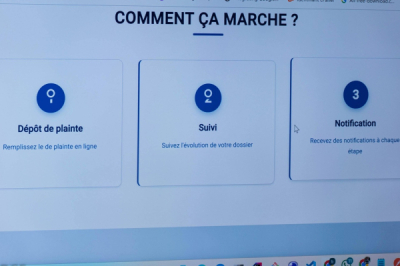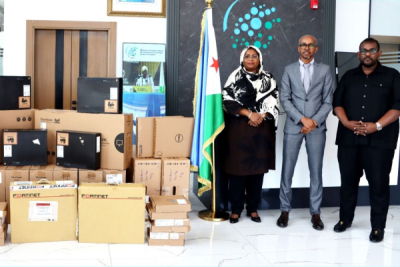Google and the IFC project that Africa's digital economy will make up 5.2% of the continent's GDP by 2025. While this potential attracts some tech companies, others are strategically pulling back.
IBM is ending operations in Nigeria, Ghana, and other key African markets, transferring its regional functions to MIBB, a subsidiary of Midis Group, a multinational IT and telecommunications conglomerate, effective April 1, the company said. The transfer will also affect 34 other African countries where IBM has a presence.
"IBM are partnering with MIBB to launch an alternative operating model, and are still committed to doing business in Africa, this new operating model shows a strong commitment by IBM to a continued focus in Africa. IBM will continue to invest and innovate in Africa, including through the ongoing development of the industry’s most cutting-edge AI and hybrid cloud technology to ensure the success of our clients," IBM said in a statement.
IBM, present in Nigeria for over 50 years, has provided infrastructure and consulting services to critical industries such as banking, telecommunications, oil, gas, and government. The company cited growing competition from companies like Dell and Huawei, combined with global financial challenges, as factors in the repositioning.
In 2024, IBM's consulting business revenue declined 2% to $5.18 billion, while infrastructure sales dropped 8%, the company reported. Overall revenue increased 1% to $17.55 billion, driven by a 10% rise in software sales to $7.92 billion. Its exit comes as cloud adoption expands rapidly across Africa. A Telecom Advisory Services study commissioned by AWS projects cloud usage in Nigeria to triple over the next decade, potentially contributing $30.2 trillion to the country's economy by 2033.
MIBB will take over operations, support, and local client relations while marketing IBM’s products and services, including software, hardware, cloud, and consulting, the company said.
By Samira Njoya,
Editing by Sèna D. B. de Sodji



















